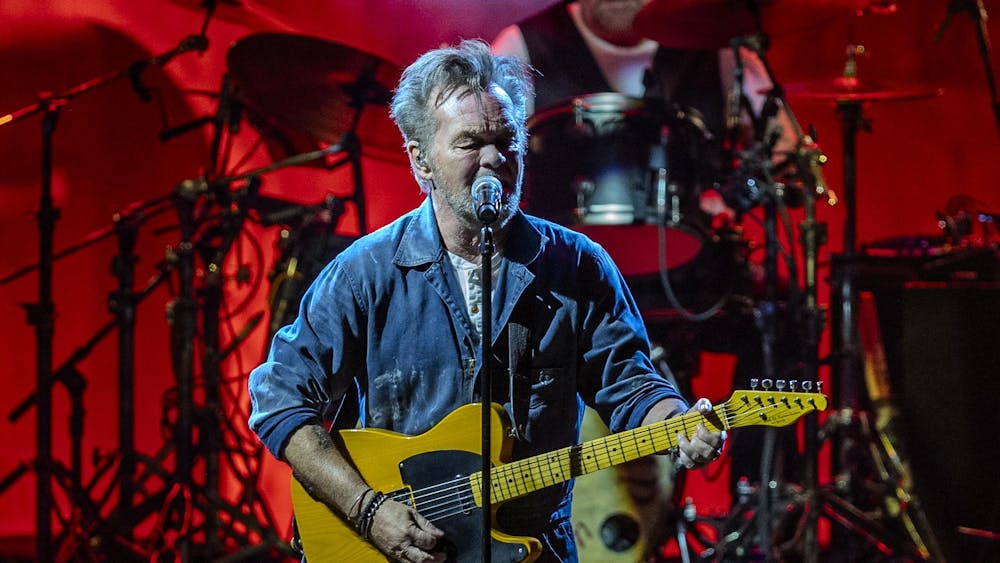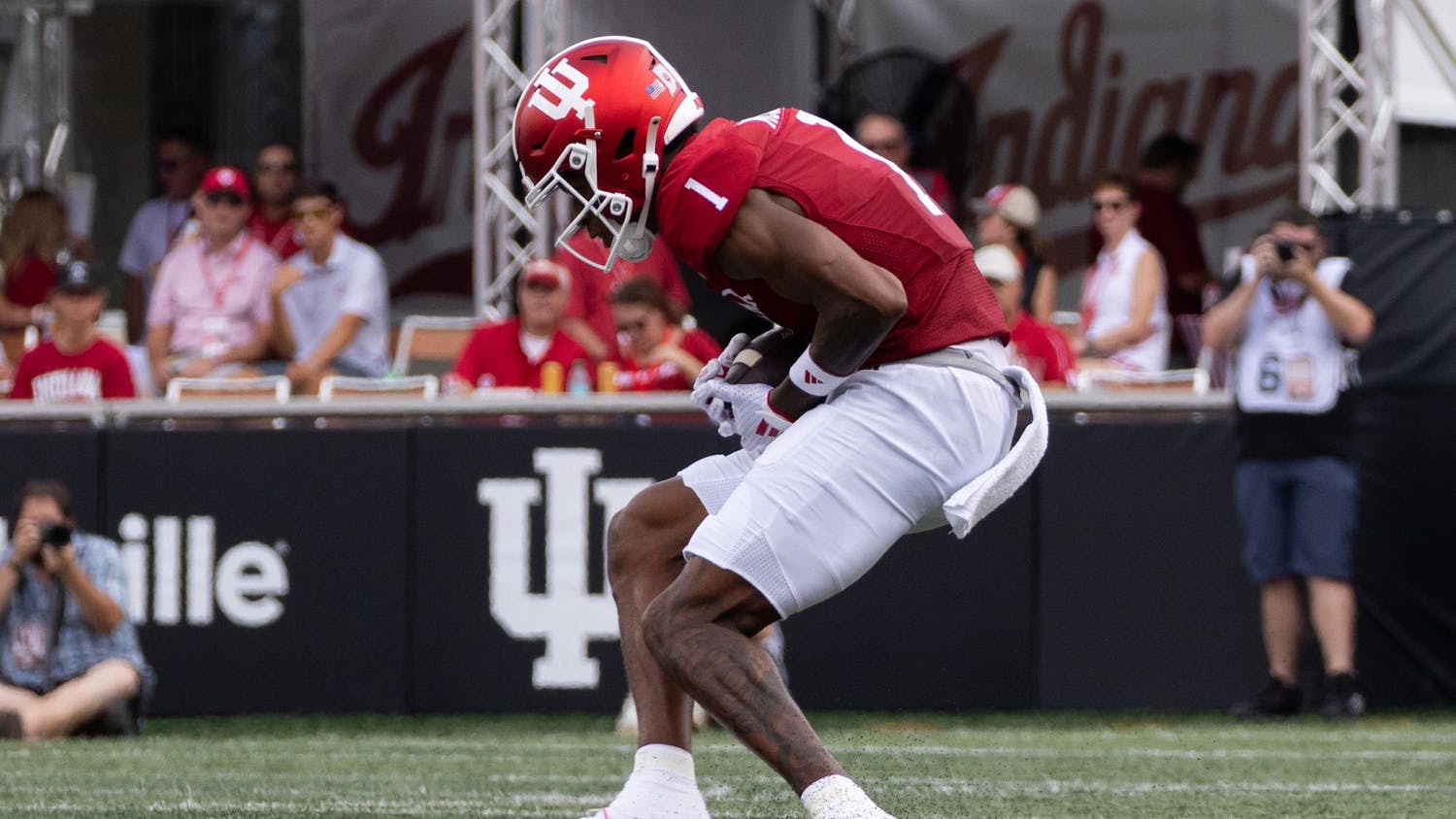When Anthony LaPaglia moved to the United States from his native Australia in the early '80s, he felt like a thespian trailblazer.\n"There were virtually no Australian actors here," says LaPaglia, describing his early interactions with American casting directors. "I would go in with my Australian accent, and then I would read with an American accent, and they'd all say the same thing: 'Oh, I can hear the Australian accent coming through.' And I got sick of it."\nLaPaglia, who plays FBI agent Jack Malone with a New York accent on "Without a Trace," devised an effective strategy.\n"I had an audition for something, and I went in with an American accent, and they said, 'Where you from?' I said, 'Brooklyn.' And they went, 'OK, good, let's read,'" he says. "This was about the time when Paul Hogan was doing 'put another shrimp on the barbie.' It would be a 20-minute conversation about Paul Hogan, which I got really fed up with. So saying I was from Brooklyn cut it short."\nTwo decades later, LaPaglia is in very good company. A stunning number of Australian and British actors are doing convincing American accents on both big and small screens.\n"The world has really become a casting pool for TV and films," Los Angeles dialect coach Joel Goldes says. "Because English and Australian people share our language, they're at a great advantage, more so than a German or French actor. They've already got a leg up."\nBy now, most people are aware of the distant roots of movie chameleons like Catherine Zeta-Jones (Wales), Tom Wilkinson (England), Cillian Murphy (Ireland), Russell Crowe (New Zealand) and Nicole Kidman, Cate Blanchett, Geoffrey Rush, Toni Collette and Hugh Jackman (all Australia). But people might not realize how many TV actors they watch every week are also from Down Under or across the pond. \nSome sound so genuinely homegrown that people don't even realize the actors are natives of another lands.\nEven industry folks can be fooled about this.\nDavid Shore, creator of Fox's hit series "House," has told the story of how, after watching the audition tape of Oxford-born star Hugh Laurie, executive producer Bryan Singer said, "See, this is what I want: an American guy."\nLaurie, a household name in Britain since 1980, was not as well known here, except to fans of his British series "Blackadder." The confusion over his nationality was played up during last year's Emmy Award telecast. When Laurie began speaking in his real voice, co-presenter Zach Braff said, "I didn't realize we were doing British accents."\n"Well, we're not. I'm British; it's the way I talk," Laurie protested. \nDavid Alan Stern, a longtime dialect coach who is now a professor of dramatic arts at the University of Connecticut, has seen a big change since he left Hollywood in 1992.\n"The last 10 years have been a completely different world in terms of English and Australian actors being able to do American accents," says Stern, founder and owner of Dialect Accent Specialists. "Around the time that I started doing this work in Hollywood in 1980, it was so rare for English actors to be able to do American accents. We used to call it the Peter Principle. Peter Sellers and Peter Ustinov were about the only two English actors who could do believable accents."\nHe attributes the change to more advanced techniques of dialect coaching, including his series of tapes and CDs and the fact that English drama schools have been putting a lot more emphasis on teaching American accents.\nBy the same token, the days when an actor could get by doing a generic dialect are also long gone.\n"We are much more aware of accents because of television and the fact that we travel a lot to different countries," says Barbara Berkery, a prominent dialect and dialogue coach who's based in London. "What used to work 25 years ago -- a kind of standard accent -- would not be believable anymore."\nBerkery's many credits include teaching Texas-born Renee Zellweger, in preparation for her role in "Bridget Jones's Diarty" and its sequel, to speak like a middle-class English girl -- a dialect that won the actress high grades from true Britons.
Actors 'sound American' with dialect coach help
Get stories like this in your inbox
Subscribe





